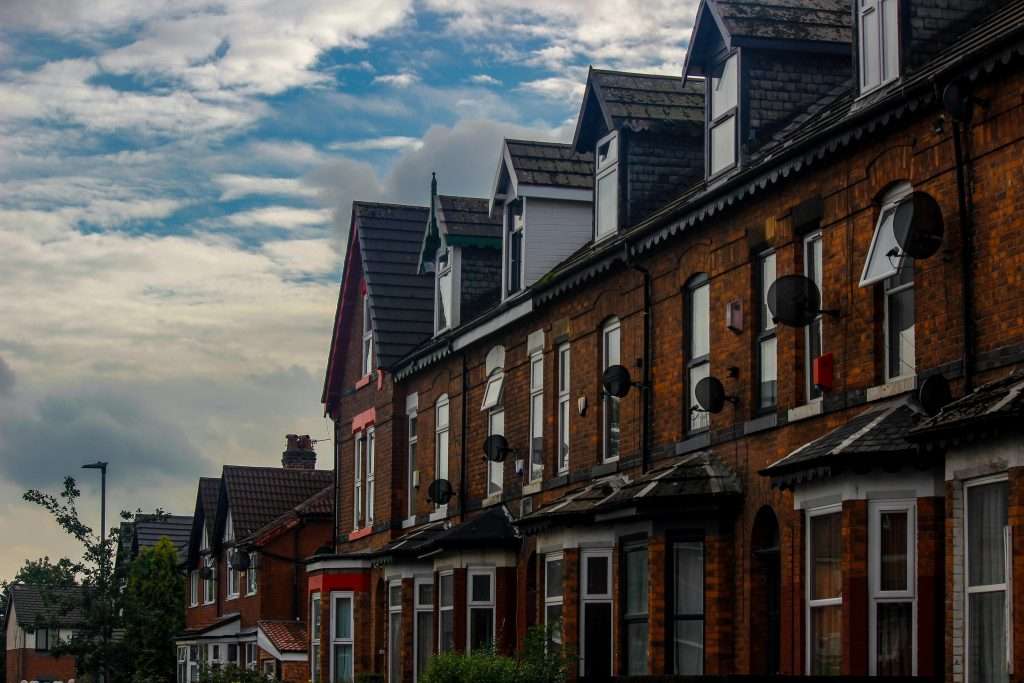When your home sits empty for weeks or months—whether between tenants, due to renovation, or simply while selling—many homeowners assume everything’s fine. After all, the property isn’t in use, so what’s the harm? The truth is far more alarming. As soon as you pass that 30–60 day mark, you’re exposed to a whole new set of risks your standard home insurance can’t touch.
Why Standard Policies Often Let You Down
Most typical home insurance policies include an “unoccupied clause”: after 30 days of vacancy they either suspend cover, significantly limit what’s protected, or cancel your policy altogether. That means you could be left paying for damage, theft, or trouble out of your own pocket—simply because your property was empty longer than expected.
Common Risks You Can’t Ignore
Let’s break down what’s really at stake:
- Vandalism & break-ins: Empty homes are attractive targets. Windows left unlatched, dark interiors—these spell opportunity for intruders.
- Burst pipes & leaks: Cold, maintenance‑free properties are prone to plumbing issues. A small drip can turn into thousands in water damage.
- Squatters & liability claims: Unauthorized occupants can cause damage and risky situations that leave you legally exposed.
- Undetected emergencies: Things like electrical faults or heating problems go unnoticed in empty homes—until it’s too late.
These issues can surface fast—and insurance often doesn’t cover them if your property is considered “unoccupied.”
Tailored Cover: The Solution You Didn’t Know You Needed
That’s where specialist unoccupied home insurance comes in.
- Customised durations: Go for 3, 6, 9 or 12 months—only pay for what you need.
- Built-in liability & contents: Coverage often includes accidental damage, squatters and liability—things normal insurance won’t touch.
- Simple re-activation: If your home becomes occupied again, you can typically revert to standard cover seamlessly.
- Flexibility & peace of mind: No expensive, static 12-month policies—just protection that adapts to your property’s real situation.
Who Needs It—and Who Doesn’t
This isn’t just for empty-windowed houses. You need this protection if your home is:
- Being renovated, with contractors coming and going
- For sale, between owners
- Between tenants or temporarily unoccupied
- A second home unused for long periods
In each case, you’re facing escalated risks—and most standard insurance won’t help when things go wrong.
Real-Life Stories That Showcase the Risk
Take the homeowner who left their flat empty during a six-month conversion. A minor burst pipe went unnoticed, causing £8,000 of water damage. Standard cover refused the claim. A tailored unoccupied policy—widely affordable—would’ve covered it.
Or the landlord who had a break-in in a property left empty for two months: windows smashed, doors forced, appliances stolen—repair bill £4,500. Again, no standard cover would pay.
These are avoidable costs with the right knowledge—and the right policy.
What You Should Do Next
- Review your current home insurance—check unoccupied exclusions.
- Ask for a tailored quote from a specialist provider (like us).
- Declare when the property becomes unoccupied—avoid unexpected denials.
- Consider duration-only policies if you expect short gaps.
👉 Protect your empty property with the right insurance and let your investments rest easy—whether you’re renovating, selling, or letting it out again.



